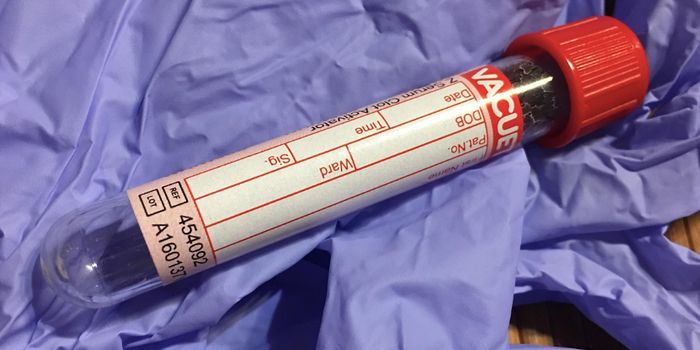Pandemic Creates Opportunity to Study Rare Vaccine Side Effects
The Global Vaccine Data Network (GVDN) is a project conceived over 10 years ago to study vaccine side effects. Back then, it couldn't secure funding. Now, the project has taken off as the largest vaccine safety project across more than 20-countries thanks to widespread COVID-19 vaccinations.
The scientists behind this project hope that trends can be detected to improve predictions of who will have adverse reactions and how these reactions can be treated if not prevented.
Efforts to publicize COVID-19 vaccine adverse reactions have been a source of contention. For instance, Senator Ron Johnson of Wisconsin, who states he is pro-vaccine, held a roundtable last summer where people who'd reportedly had adverse reactions to the vaccine shared their stories. According to Wisconsin Public Radio, health care experts and public officials asked Johnson to cancel the event, fearing it would keep people from getting vaccinated.
As a vaccinologist at the Mayo Clinic, Gregory Poland, states, studying potential vaccine complications "is a very neglected area." Poland himself developed severe tinnitus about 90 minutes after his second vaccine dose, something he suspects is directly related to the vaccine.
Bruce Carleton, a clinical pharmacologist at the University of British Columbia, Vancouver, who heads the GVDN genomics effort, states that although the vaccines are "very safe for most people, there probably are patients that may, in fact, suffer harm."
The largest vaccine studies from the past included around 1 million people, a number that's considered too small when studying vaccine side effects. The GVDN now has data from more than 250 million people to examine rare side effects from COVID-19 vaccines.
The idea for a global effort to study vaccine adverse reactions first came to fruition back in 2009 when some countries saw a correlation between an increased risk of narcolepsy and the H1N1 flu vaccine Pandemrix after a mass vaccination campaign. Scientists suspected narcolepsy may have been triggered by an immune response to vaccination in some cases. Steven Black, a pediatric infectious disease specialist formerly at Cincinnati Children's Hospital who now heads the GVDN, says funding wasn't available back then for global vaccine safety research.
In 2019, their luck changed when the Bill & Melinda Gates Foundation offered to fund a meeting for vaccine safety specialists. Petousis-Harris's university and Auckland UniServices Ltd. later contributed to their efforts as well.
In April 2021, the CDC gave the GVDN $5.5 million, considered a limited budget in the industry, to study the safety of COVID-19 vaccines in particular.
Current studies the GVDN has underway include heart inflammation from mRNA COVID vaccines, vaccine-induced thrombotic thrombocytopenia from viral vector vaccines, and Guillain-Barre syndrome after COVID-19 vaccines.
To be clear, the GVDN is not an antivaccine effort. Robert Chen, former director of the CDC's vaccine safety program notes that programs like the GVDN are misconstrued as antivaccine groups. Their goal is not to dissuade people from vaccinations. Their goal is to make the rare side effects that some people do, unfortunately, incur from vaccinations even rarer.
Sources: Science, Wisconsin Public Radio








